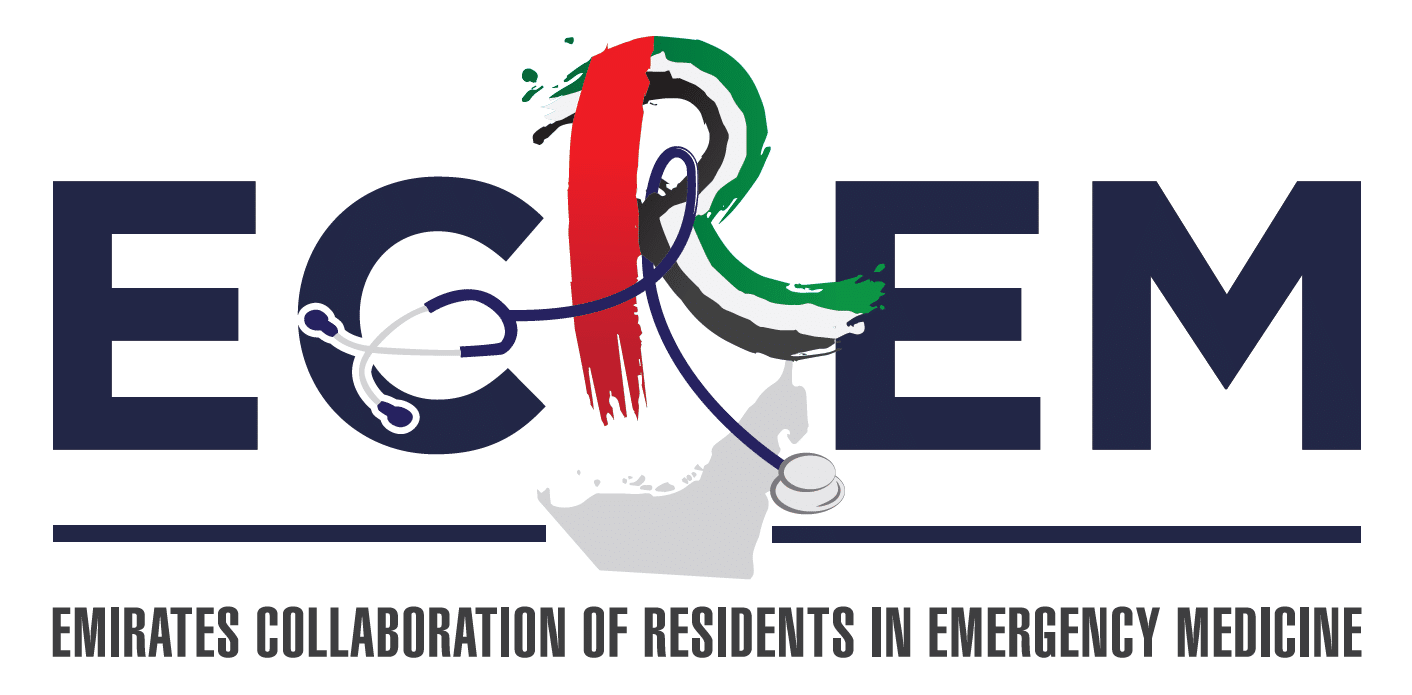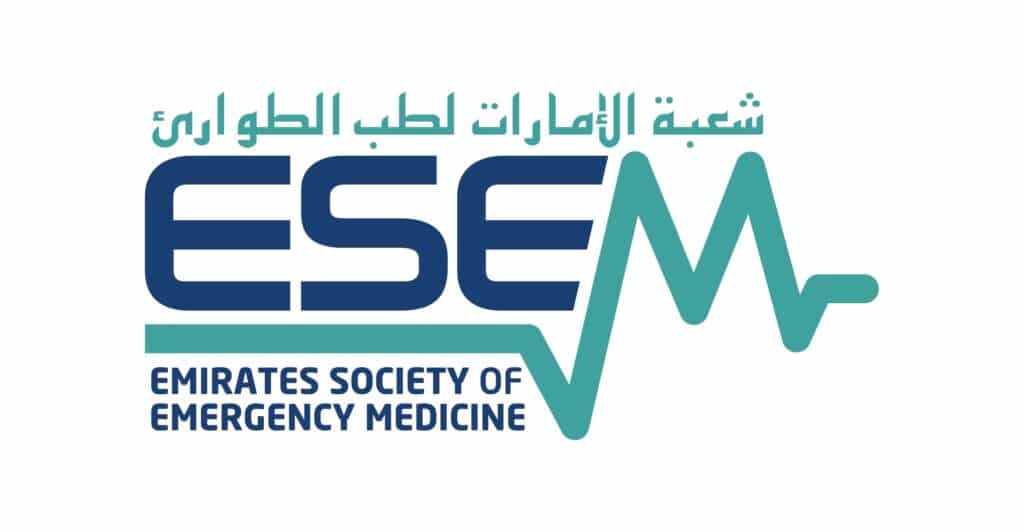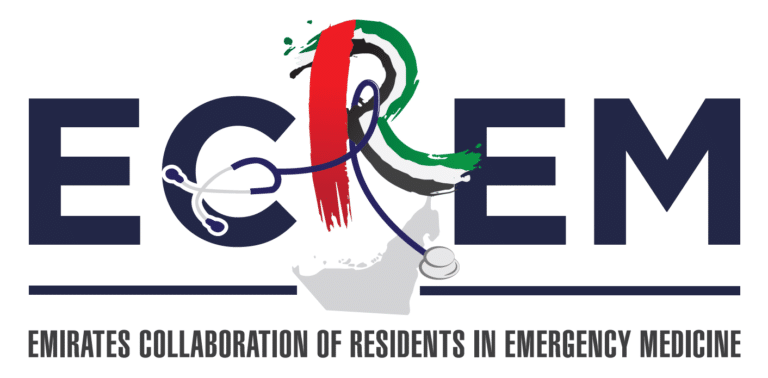Sania Zia, Rasha Al-khateeb, Muna Aljallaf, Manal Yaslam, Syed Ibrahim Muneeb, Firas AlNajjar, Laila AlDabal
https://doi.org/10.24911/SJEMed/72-1634136332
Abstract
Background: Community-acquired bacterial pneumonia (CAP), skin and soft-tissue infection (SSTI), and urinary tract infection (UTI) are frequently encountered in the emergency department (ED) but treated with varied antibiotic regime. We aimed to assess the antibiotic prescribing practice in ED for CAP, SSTI, and UTI based on hospital guideline adherence (choice, dose, and duration of antibiotic). To the authors’ knowledge, this is the first study to address this issue by a dual model of physician survey and prescription review from the ED perspective.
Methods: One hundred ED physicians were surveyed followed by a cross-sectional study of 300 uncomplicated adult ED outpatient infections (100 CAP, 100 SSTI, and 100 UTI) from August 2017 to August 2018 retrospectively at Rashid Hospital in Dubai.
Results: Most of the participants (91%) had never been in an antibiotic stewardship. 30%, 52%, and 48% were not aware of CAP, SSTI, and UTI hospital guidelines, respectively. Majority (58%) of physicians preferred a parenteral first dose of empirical therapy. Mean age of patients was 45.14 ± 17.8 years and the majority were males (55.7%). The most frequently prescribed antibiotics were β-lactams (n = 157, 52.3%, 95% CI 46.5-58.1). Non-adherence to guidelines was noted in 59% (95% CI 53.2-64.6) of cases; the frequency was highest for UTI (75%), followed by CAP (71%) and SSTI (31%). The most common cause of non-adherence was incorrect drug choice (n = 126, 42%,95% CI 36.3-47.8).
Conclusion: High rates of physician non-compliance to guidelines for outpatient empirical antibiotic prescriptions exists in the ED with incorrect drug choice being the most common cause.




